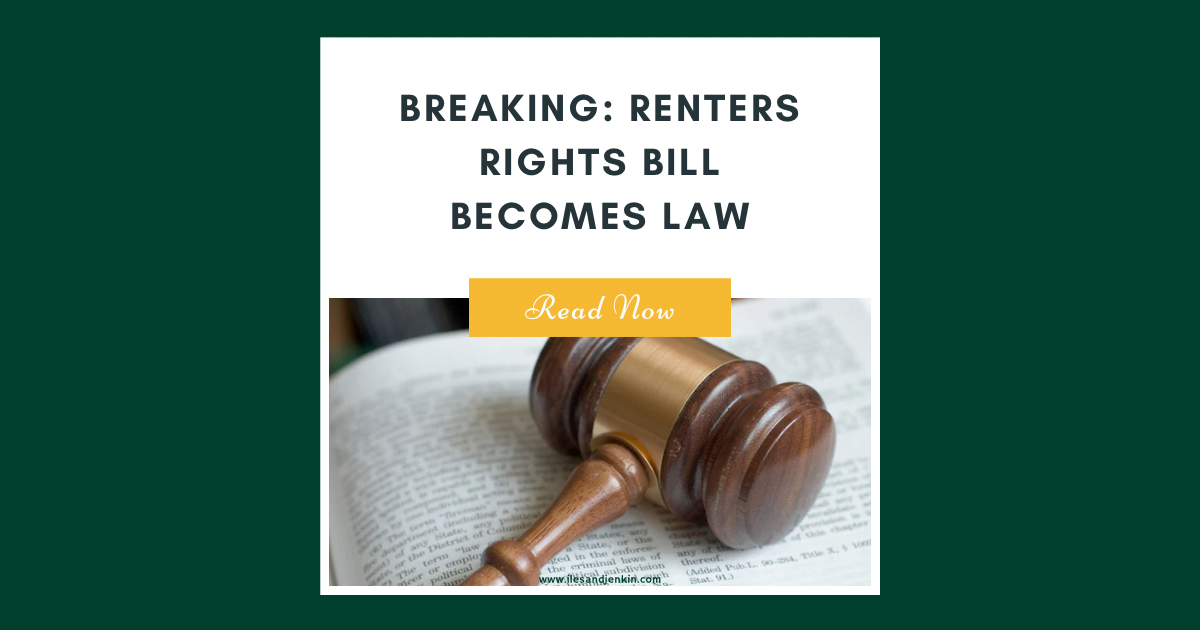Recent developments have provided fresh insights into what appears to be a surprising turn of events regarding Section 21 eviction powers. The abolition of Section 21, which was at the heart of the Renters Reform Bill, has been the subject of intense debate and scrutiny, culminating in its Second Reading in the House of Commons.
In an unexpected twist, it was revealed on Friday that while Section 21 is still slated for abolition, it will only occur once significant improvements are made to the way the courts handle legitimate possession cases. This revelation has thrown the anticipated timeline into uncertainty.
So, what exactly are these improvements that the government proposes to introduce, and how substantial will they be? Well, it seems they are far from mere cosmetic changes; they represent a comprehensive overhaul that may take some time to fully implement.
First on the list is the digitization of more of the court processes. This is aimed at simplifying and streamlining proceedings, making it easier for landlords to navigate the legal landscape. The second aspect involves exploring the prioritization of certain cases, notably those concerning antisocial behavior, to ensure that justice is delivered swiftly and effectively.
Another significant move is the enhancement of bailiff recruitment and retention, along with a reduction in administrative tasks. This will empower bailiffs to prioritize the enforcement of possession orders, ensuring that these orders are carried out without undue delay.
Furthermore, there is a strong emphasis on providing early legal advice and better guidance for tenants, particularly in their quest to find housing solutions that cater to their specific needs.
The government also underscores the importance of strengthening mediation and dispute resolution processes as an alternative to resorting to the courts. This strategy is envisioned as a means for landlords and tenants to resolve disputes amicably, thereby reducing the burden on the legal system.
In an intriguing development, the government is keen on embedding mediation and dispute resolution as a member service of the new Ombudsman, an entity that all landlords are required to join, in addition to professional property agents.
Notably, the government firmly stands against the proposal for a dedicated housing court, asserting that the costs associated with its establishment would outweigh the benefits. Instead, it deems it more effective to channel resources into enhancing the capacity and processes of the existing court system.
These details have emerged in response to a report from the House of Commons Housing Select Committee, and their release in such close proximity to the Second Reading has raised speculation that it may be a strategic concession to mitigate mounting opposition from the property industry, landlords, and some politicians.
In a pivotal statement, the government confirms that the implementation of any alternative process for repossessing properties will not occur until significant progress is made in the court system's reform. In other words, the abolition of Section 21 will be deferred until the justice system's reforms are well underway.
Moreover, the government has agreed to establish a new ground for repossessing properties to safeguard the yearly cycle of the student housing market. This new ground for possession will facilitate the smooth transition of short-term student tenancies, offering students peace of mind and stability when planning their accommodation for the following year.
I for one, welcome this stance from the Government. It shows they have actually listened to the industries warnings and concerns about the implications on making such changes within the current system. This is actually a sensible approach to such a large change and care must be taken to ensure the correct systems are in place and any new system can withstand the new changes.
What are your thoughts?



 By
By 



Share this with
Email
Facebook
Messenger
Twitter
Pinterest
LinkedIn
Copy this link